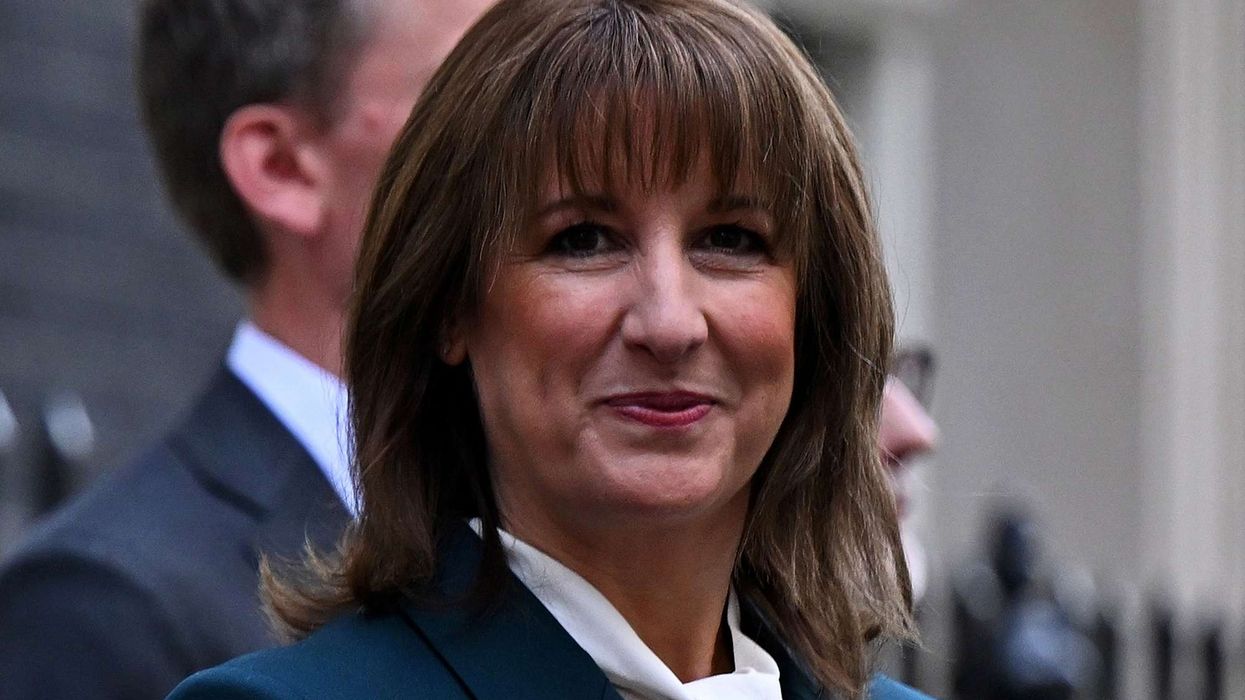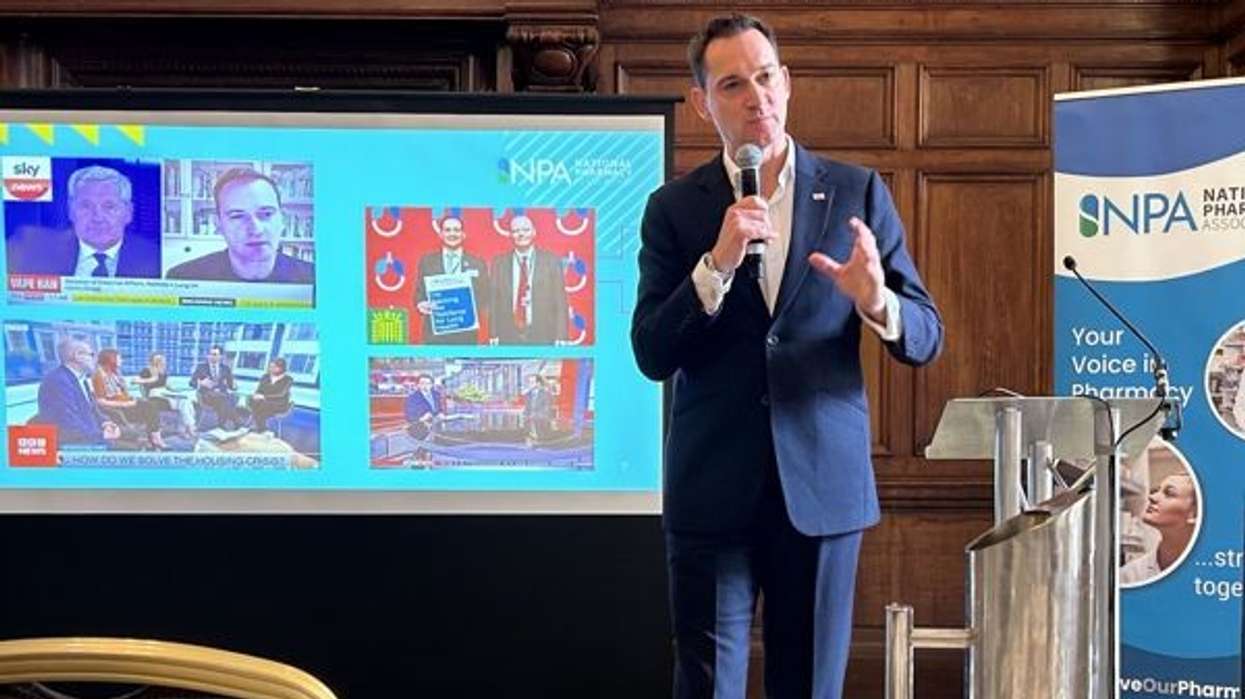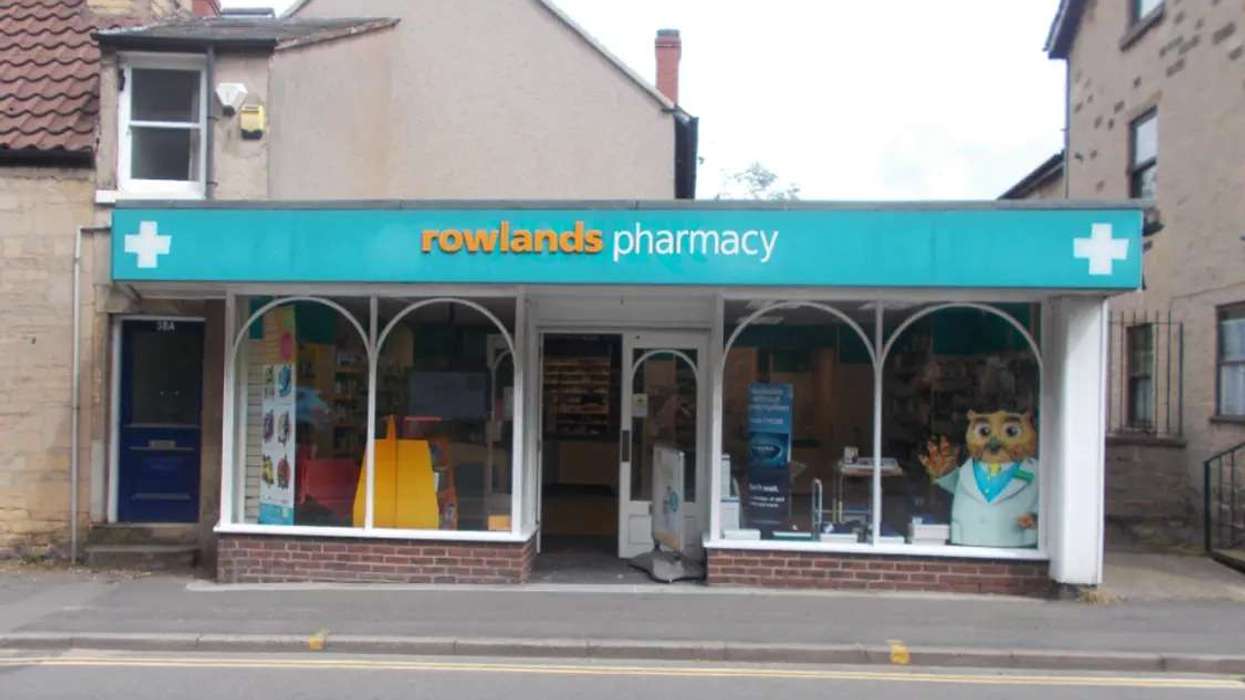Community pharmacy sector leaders have expressed concern over the Labour government's move to increase the minimum wage by 4.1 percent, as they fear it could worsen the financial woes faced by the sector.
The National Pharmacy Association (NPA) has urged the Government to address years of underfunding so that community pharmacies can avoid staff lay-offs to cover the increasing costs of the national living wage and the minimum wage.
The association pointed out that increasing the national minimum wage for 18-20 year olds from £10 to £10.85 per hour, and the living wage from £12.21 to £12.71 per hour, will add to the financial strain faced by the pharmacies.
NPA chief executive Henry Gregg said, “Pharmacy staff across the country are absolutely deserving of a pay rise, but the increases announced today will add significantly to the financial pressures pharmacies are under as businesses and as a core component of the health service across the UK.
“Adding four per cent-plus to the minimum wage makes the financial mountain they are facing even bigger.
“The Chancellor has said that getting NHS waiting lists down is one of the Budget’s key objectives. We therefore urge the Government to invest in community pharmacies, so they can relieve pressure on our overstretched hospitals and GPs.
“The Government has promised that reorganising NHS England and other administrative reforms will unlock a billion pounds a year by the end of this parliament. The NPA wants any savings to go straight to the front line of care in our communities, which includes our beleaguered community pharmacies, so patients quickly feel the benefits.
“Despite a funding increase in the Spring, pharmacies in England are still facing the legacy of historic underfunding that has closed more than 1,000 pharmacies.”
CPE slams wage hike
Community Pharmacy England chief executive Janet Morrison said, “Today’s Budget will once again impose higher staffing costs on community pharmacy businesses through the increase to the National Minimum Wage. This is very concerning, and may prove unmanageable for some pharmacy owners as they continue to grapple with extreme financial and operational pressures.
"Pharmacies are still feeling the impact of historical 30 percent real terms funding cuts, and despite a significant funding uplift in April, their annual NHS funding this year falls more than £2 billon short of full economic costs.
"In that context, it is no surprise that more than 80 percent of pharmacy owners are concerned about their businesses going into this winter. We continue to hear about pharmacy owners struggling to pay themselves and their wholesaler bills, and to keep their doors open.
"Higher staffing costs will further compound their financial troubles. It is critical that the upcoming CPCF negotiations recognise the impact of staff cost rises on pharmacies, and that we make further progress along the promised path towards a sustainable model for the sector. If we don’t, patients and wider primary care providers will continue to feel the effects of service deterioration and pharmacy closures.
"We will ensure that Ministers know the impact that this Budget will have on community pharmacies, and remind them of the huge benefits that investment in community pharmacies would bring. As the Government has rightly recognised, a fully supported community pharmacy network would have so much to offer patients and to help deliver the 10-Year Health Plan: the impact of this Budget must be mitigated, to prevent it from representing a step backwards from that vision.”
Deeply disappointing: IPA
The Independent Pharmacies Association has termed the budget announcements as "deeply disappointing for community pharmacies".
"There is very little here to help community pharmacies keep their doors open. The increase in the minimum wage without any support for already struggling businesses will push more branches towards closure.
"We urgently need a sustainable funding for the pharmacy sector to stabilise services and protect patient access, and we have a solution that requires no new money! "The efficiency that the sector has delivered through its competitive tendering activities have made huge savings for the NHS in medicines costs.
"Now is the time for the savings to be reinvested to help the sector deliver more."
"We are asking CPE to pursue this solution in their upcoming negotiations with the Department of Health and Social Care (DHSC) and the Government."
More nurses, GPs
In her Autumn budget speech, chancellor Rachel Reeves said the focus is on cutting NHS waiting lists, appointing more nurses and GPs.
She also announced £300m of funding for NHS technology to improve productivity and patient service.
"I am announcing £300 million of investment in technology to improve patient service, and 250 new neighbourhood health centres, expanding more services into communities so that people can receive treatment outside of hospitals and get better, faster care where they live.
"Over 100 of these will be delivered by 2030, including in Birmingham, Truro and Southall."
Reeves also reiterated that prescription charges will be frozen at £9.90, and three month and annual prescriptions prepayment certificates will also be frozen for 2026/27.
Numark UK chairman Harry McQuillan said the Budget includes some welcome headline commitments, notably the £300 million investment in technology for NHS services, and the pledge to deliver 250 new neighbourhood health centres, with 100 due by 2030.
In a LinkedIn post he said, "For community pharmacy, these announcements could mark a turning point, and the commitment must be realised in a way that integrates pharmacy fully into the broader NHS infrastructure.
"The technology funding must support digital links between GPs, hospitals and community pharmacies; shared electronic health records; streamlined prescription-processing; and remote-consultation tools.
"These are exactly the tools that would allow our pharmacies to take on more clinical responsibilities, relieve pressure on GPs, and deliver more convenient care for patients."
However, he also said, "Promises on paper are not the same as delivery.
"What matters now is clarity, a timetable for implementation, ringfenced funding which must also cover the 4.1 percent announced increase in the National Minimum Wage, transparency over how the technology investment will be allocated and how pharmacies will be included in the development and operation of the new health centres.
"Without that, the potential of today’s Budget will not materialise for patients."
Phil Day, Superintendent Pharmacist at Pharmacy2U, welcomed the government's announcement of new neighbourhood health centres.
"After several promising pilots, we’re told the first 100 will be up and running in the next five years.
“The closer we can bring care to where patients live, the more likely it is that they will get timely and effective interventions, and at a time when community pharmacies are disappearing from many high streets, these health centres will be a welcome intervention.
“We also heard on Monday about an additional £300m investment in digital services, which should help to accelerate the shift towards a more connected, efficient and patient-centred health service.
"It appears that the emphasis for this investment will be in hospitals, so I would love to know how much of this investment will improve access to primary care, at a time when the sector is being asked to do more to triage patients before they go to hospital.
“Pharmacies have long been at the heart of communities, offering personalised advice and clinical support. Targeted investment in technology to strengthen communication between care providers, and to improve digital-first pharmacy services, could make all the difference.”












